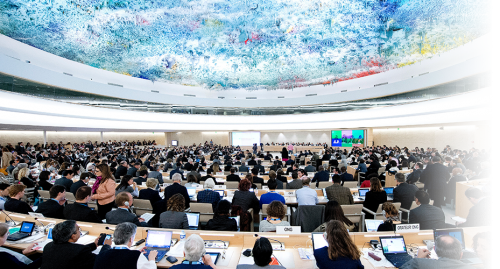How can media freedom literacy (MFL) be strengthened in the participating states of the Organization for Security and Co-operation in Europe (OSCE)? Establishing the not-so-often-emphasized connection between media literacy and media freedom, this report, commissioned by the OSCE Representative on Freedom of the Media (RFoM), offers practical tools for government bodies, scholars, media organizations, civil society, and digital platforms. Chapter 4 defines and explains MFL, while Chapter 5 reviews key legislative and regulatory frameworks at international and national levels, including the European Media Freedom Act and Digital Services Act, among others, and approaches developed in Belgium, Sweden, Finland, Latvia, UK, US, and Canada. Chapter 7, a broader review of MFL projects and interventions, is followed by recommendations to various stakeholders and case studies of projects that promote MFL.

